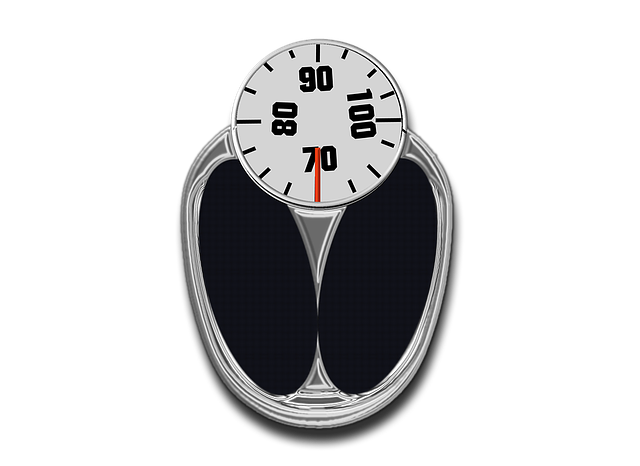
Dietary Factors Associated with Substantial Proportion of Deaths from Heart Disease, Stroke, and Diabetes.
Fewer Overweight Adults Report Trying to Lose Weight.
Nearly half of all deaths due to heart disease, stroke, and type 2 diabetes in the U.S. in 2012 were associated with sub-optimal dietary habits, according to a study appearing in JAMA.
Renata Micha, R.D., Ph.D., of the Tufts Friedman School of Nutrition Science and Policy, Boston, and colleagues examined mortality due to heart disease, stroke, and type 2 diabetes in 2012 and the consumption of 10 foods/nutrients associated with cardiometabolic diseases: fruits, vegetables, nuts/seeds, whole grains, unprocessed red meats, processed meats, sugar-sweetened beverages (SSBs), polyunsaturated fats, seafood omega-3 fats, and sodium.
In 2012,702,308 cardiometabolic deaths occurred in U.S. adults. Of these, an estimated 45 percent were associated with sub-optimal intakes of the 10 dietary factors.
Now add to that another study from JAMA.
Although weight gain has continued among U.S. adults, fewer report trying to lose weight.
Socially acceptable body weight is increasing. If more individuals who are overweight or obese are satisfied with their weight, fewer might be motivated to lose unhealthy weight. Jian Zhang, M.D., Dr.P.H., of Georgia Southern University, Statesboro, and colleagues used data from the National Health and Nutrition Examination Survey (NHANES) to assess the trend in the percentage of adults who were overweight or obese and trying to lose weight during three periods: from 1988-1994, 1999-2004, and 2009-2014. Participants ages ranged from 20 to 59 years. The question of interest was “During the past 12 months, have you tried to lose weight?”
The study included 27,350 adults. Weight gain and obesity increased throughout the study period, from 53 percent in 1988-1994 to 66 percent in 2009-2014. The percentages of adults in that category who were trying to lose weight declined during the same period, from 56 percent in 1988-1994 to 49 percent in 2009-2014. The largest decline occurred among black women, from 66 percent in 1988-1994 to 55 percent in 2009-2014. Black women also had the highest prevalence of obesity, and more than half of black women (55 percent) were obese in the 2009-2014 survey. Adjusted prevalence rates showed a significantly declining trend of reporting efforts to lose weight among overweight white men and women, and black women.
The authors write that fewer adults trying to lose weight may be due to body weight misperception reducing the motivation to engage in weight loss efforts, or primary care clinicians not discussing weight issues with patients. Also, the longer adults live with obesity, the less they may be willing to attempt weight loss, in particular if they had attempted weight loss multiple times without success.
